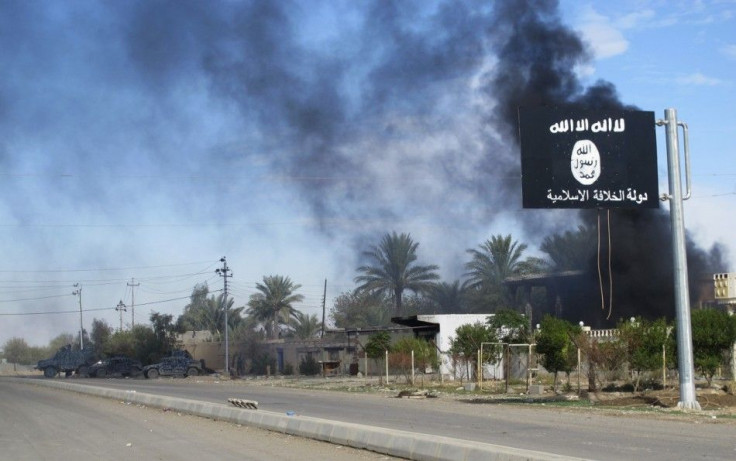ISIS War to Last 3 Years More; Israel Border May Be Under Threat As ISIS Expands Scope

The war with ISIS is predicted to last a minimum of three years. A general commanding the U.S. military forces fighting against ISIS militants believes the battle would take years before reaching a turning point against the extremist group.
U.S. Army Lt Gen James Terry said in a briefing at the Pentagon that first U.S.-led airstrikes had taken place only four months ago. He advised everyone to remain patient as the ISIS war could take at least three years, Al Arabiya reported. Terry added that Kurdish forces backed by the warplanes of the U.S.-led coalition had already recaptured an area previously held by ISIS in Iraq near the Syrian border.
The general has confirmed that more than 50 air strikes have been launched against ISIS targets in the recent days as Kurdish forces advance on the ground to take back 100 square kilometres of ground. Kurdish Peshmerga troops have captured several villages held by ISIS and pushed back militants around Sinjar in Iraq's northwest.
It was the capture of Sinjar in early August and the plight of the Yazidis under the rule of ISIS that triggered U.S. intervention in Iraq. The U.S.-led coalition has carried out 1,361 raids against ISIS since the first bombing started on Aug. 8, Terry said.
The U.S. general believes ISIS militants are slowing down in their advances and attempting to hold what they have as of the moment. He also told reporters at the briefing that ISIS forces may be having problems with supplies and communication.
Meanwhile, ISIS militants have spread out in Syria and are reportedly near Israel at the Golan border. Three local extremist groups have pledged their allegiance to ISIS, according to Haaretz. For the first time since the civil war in Syria in 2011, ISIS has now expanded its presence near Israel's border.
Arab media reports said three small Islamist factions had announced their support for ISIS. The largest of the three factions, Shuhada al-Yarmouk, has a few hundred men, while the other two groups have several dozen men each. The three groups are found around Daraa which is a town in the southern part of Syria where the rebellion against the Syrian President Al-Assad began. Although Daraa is several dozen kilometres away from the border of Israel, the three groups of new ISIS fighters are holding their positions only a few kilometres away from Golan Heights border.





















